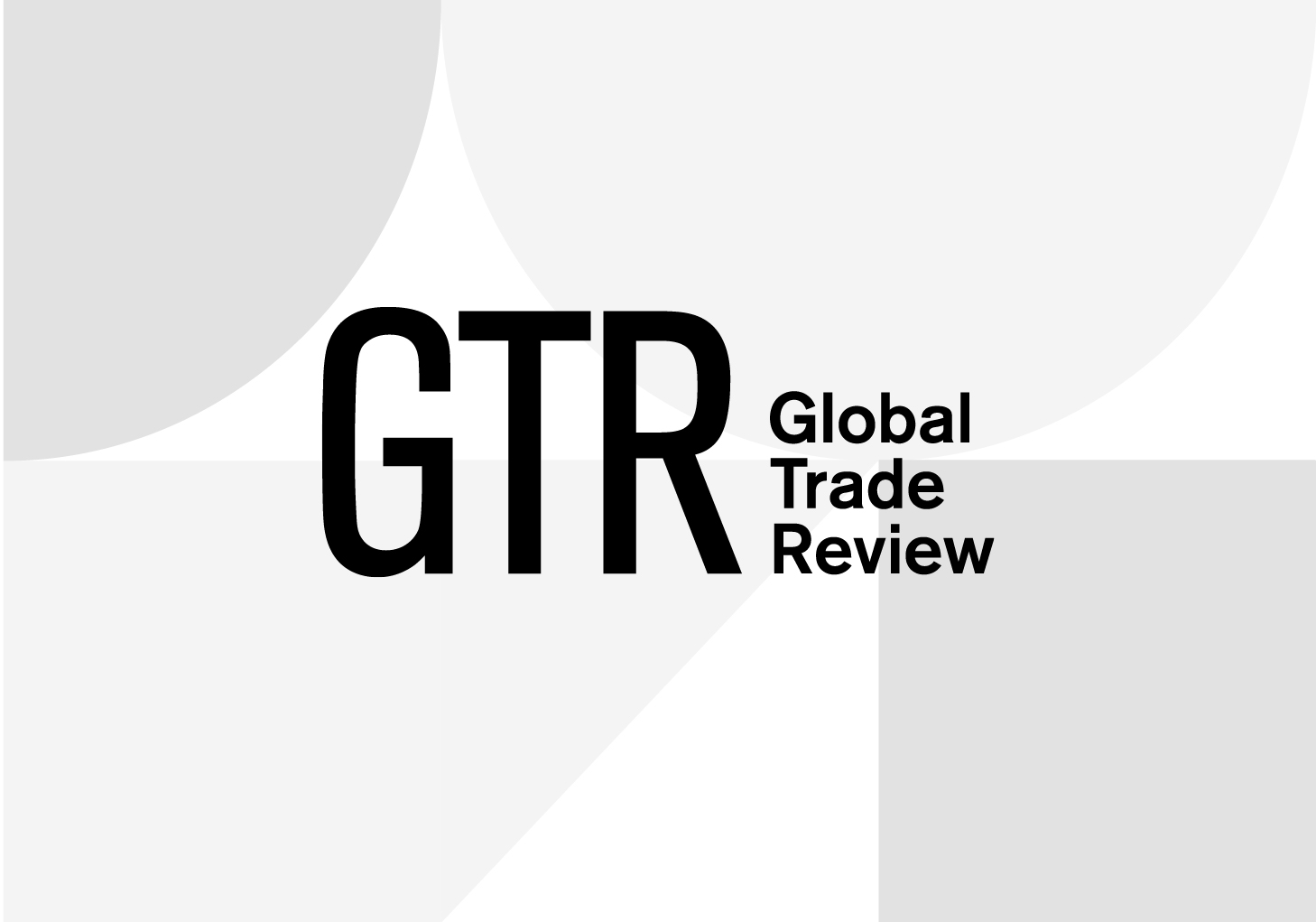The consortium awarded a mandate to develop, build and finance a toll road in Ghana has submitted its proposal to the ministry of finance and is ironing out financing and risk mitigation structures with banks and insurers.
Arterial Toll Roads Company comprises US development and construction firm Savarino Construction Services, Canadian design and structural engineering firm Kamco Consulting and UK construction and engineering group PW Ltd with its Ghanaian subsidiary PW (Ghana) Ltd.
The group will develop a concession and tolling agreement to dualise major roadways in Ghana, starting with the Kumasi-Accra route, linking the two main commercial centres.
“We are making available to our lenders a wrap-around political risk policy to cover all the loans which are being secured by our concession agreement, the cashflow guarantees under the concession agreement by the Republic of Ghana, and the sovereign guarantee (to be approved by an order in cabinet and parliament) and covers the entire principal debt plus an amount of interest in accordance with the rules and regulations of the International Monetary Fund,” Howard Hurst, co-chairman of Arterial Toll Roads and finance director at Savarino in Buffalo, New York.
“The policy covers losses caused by political events, such as expropriation, insurrection, or the government not honouring its obligations. We are in the process of negotiating terms and rates.”
Hurst also says that due to historical and cultural ties, European insurers and banks tend to have a better understanding of African risk and so the company has been talking to European service providers and Lloyd’s.
“We want to set up a full service construction company in Ghana to build the road,” he says. “It makes life simpler for us to stay as a local Ghanaian construction company and fund through the Europeans.”
Opic and a European pension company have been looking at involvement in the project.
The US has been looking at Ghana as a model of democracy in West Africa. The country has received US$500mn from the Millennium Fund and is in good shape economically, says Hurst. Next March sees the country’s 50th anniversary of independence, coinciding with the 300th anniversary of the abolition of slavery and this will see celebrations and events up and down the country, says Hurst, adding to Ghana’s international profile.
The road itself will feed traffic from the north of the country and beyond its borders to the port of Tema. Local traffic will pay a toll of around Cedi200 per kilometre (US$1: Cedi9,500). “For the average person, this is equivalent to buying one litre of gasoline. If they can afford to run a car, they can afford the tools,” comments Hurst.
Commercial traffic will pay a higher toll.
Arterial Toll Roads will also run a bus company along the route and is liaising with the ministry of housing regarding housing complexes on the 10 highway interchanges. There will also be 16 service centres along the route.
The road will bypass main centres and reduce the 250km journey time from five and a half hours to two and a half. The improvement will pay dividends in reduction of accidents, insurance, maintenance, journey time, salaries for drivers and so on, adds Hurst.







